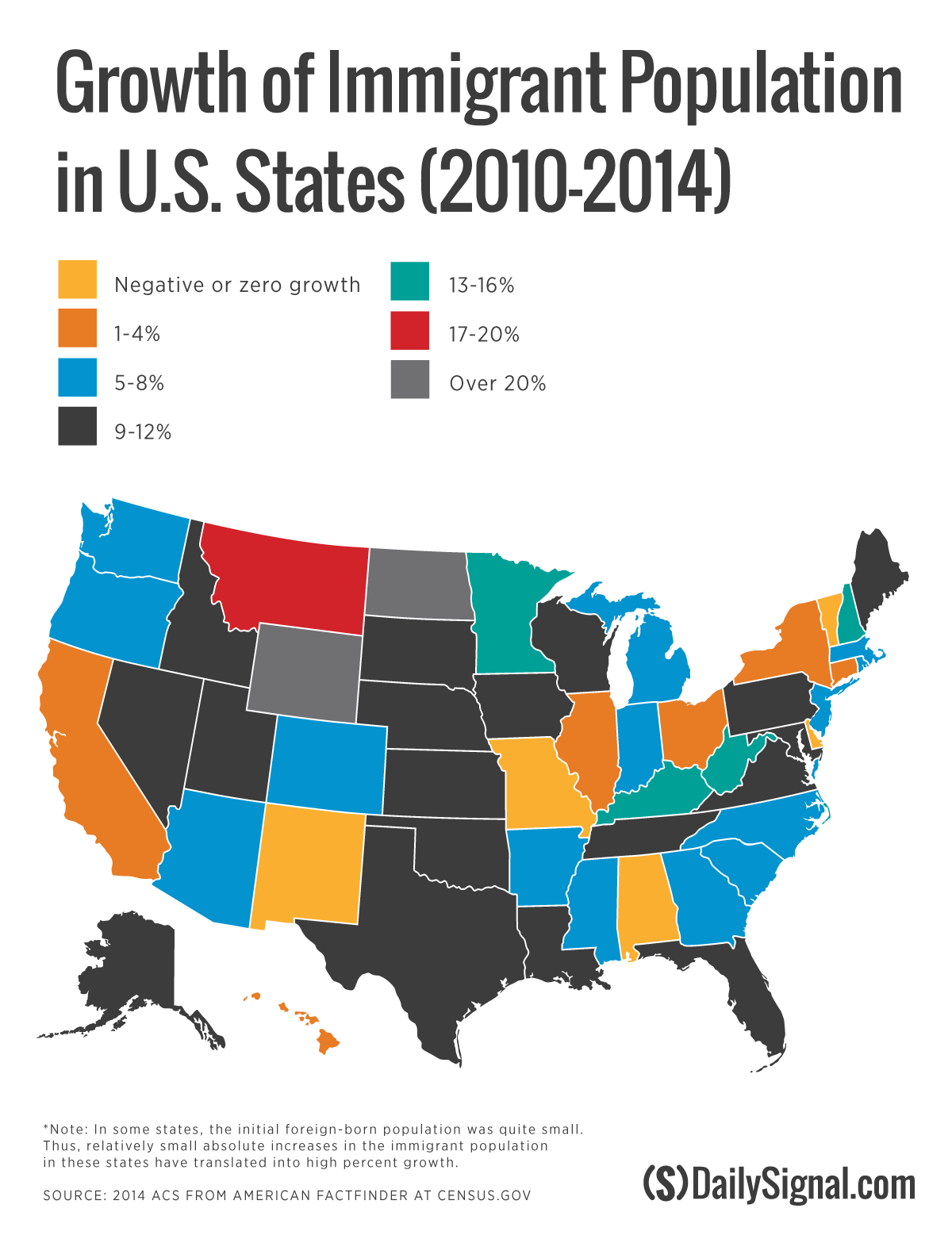
Every eight years, the University of New Mexico Hospital must ask Bernalillo County voters to renew their property-tax mill levy. The tax raises approximately $95 million per year and costs the owner of a $200,000 home between $300 and $400 annually.
The median overall property tax burden on a $200,000 home in Albuquerque is $2,698, so UNMH claims a significant proportion of your property-tax bill.
And while the hospital claims, rightly, that your tax burden won’t increase if the levy is renewed, the fact is that public-policy conditions have changed that should allow the hospital to require less of county residents’ hard-earned money.
A big portion of UNMH’s mission is “indigent care.” That means providing services for the uninsured and others who can’t pay for their own health care. But since the last mill levy passed, Obamacare took effect, with a primary mission of “insuring” indigent care via a massive expansion of Medicaid.
Whether you think Medicaid expansion was a good decision or not, UNMH has seen indigent care needs drop dramatically. In 2013, UNMH served approximately 27,000 county residents. UNMH is now serving less than half the uninsured county residents it did in 2013.
So why is UNMH requesting the same mill levy for a rapidly declining number of uncompensated-care cases? Perhaps it assumes that voters will blindly go along with yet another feel-good scheme to separate them from their money?
Voters should carefully consider not renewing the mill levy – and instead, force UNMH to come up with a different, smaller ask in the future. After all, it isn’t as if we’re not paying for Medicaid expansion already.
As federal taxpayers, we have been funding – and borrowing money to fund – Medicaid expansion for years. But over the next five years, New Mexicans will be on the hook for a bigger portion of the overall bill: $778 million, to be exact.
We know how bad our economy is. What no one knows is how we’re going to pay the huge new bill for Medicaid expansion.
Perhaps more troubling, as far as UNMH is concerned, is why a government-owned entity with a core mission that includes indigent care advertises its services. The Rio Grande Foundation requested data for the calendar years 2014, 2015, and 2016, and found the hospital spent $1.3 million over that time period on advertising.
Yes, the U.S. Postal Service, which like UNMH, is government-owned, advertises, but that doesn’t make it right or necessary. (And at least the post office charges its customers.) Why spend hundreds of thousands annually to tout that UNMH exists and that it is New Mexico’s “only Level I Trauma Center?”
UNMH already has a website set up in support of the mill levy. The deck is always stacked against those who oppose publicly funded entities in campaigns to either raise taxes or keep the tax revenue flowing in.
To the extent that any grass-roots opposition to the UNMH mill levy forms, it will be outspent dramatically. Amazingly, the hospital’s annual advertising budget far exceeds the annual budget of the Rio Grande Foundation.
There is nothing new about the forces of limited and responsible government being outspent, but with the amount and cost of indigent care on the decline, shouldn’t Bernalillo County residents have a fully informed debate about the UNMH mill levy before Election Day?
D. Dowd Muska (dmuska@riograndefoundation.org) is research director of New Mexico’s Rio Grande Foundation, an independent, nonpartisan, tax-exempt research and educational organization dedicated to promoting prosperity for New Mexico based on principles of limited government, economic freedom and individual responsibility.































